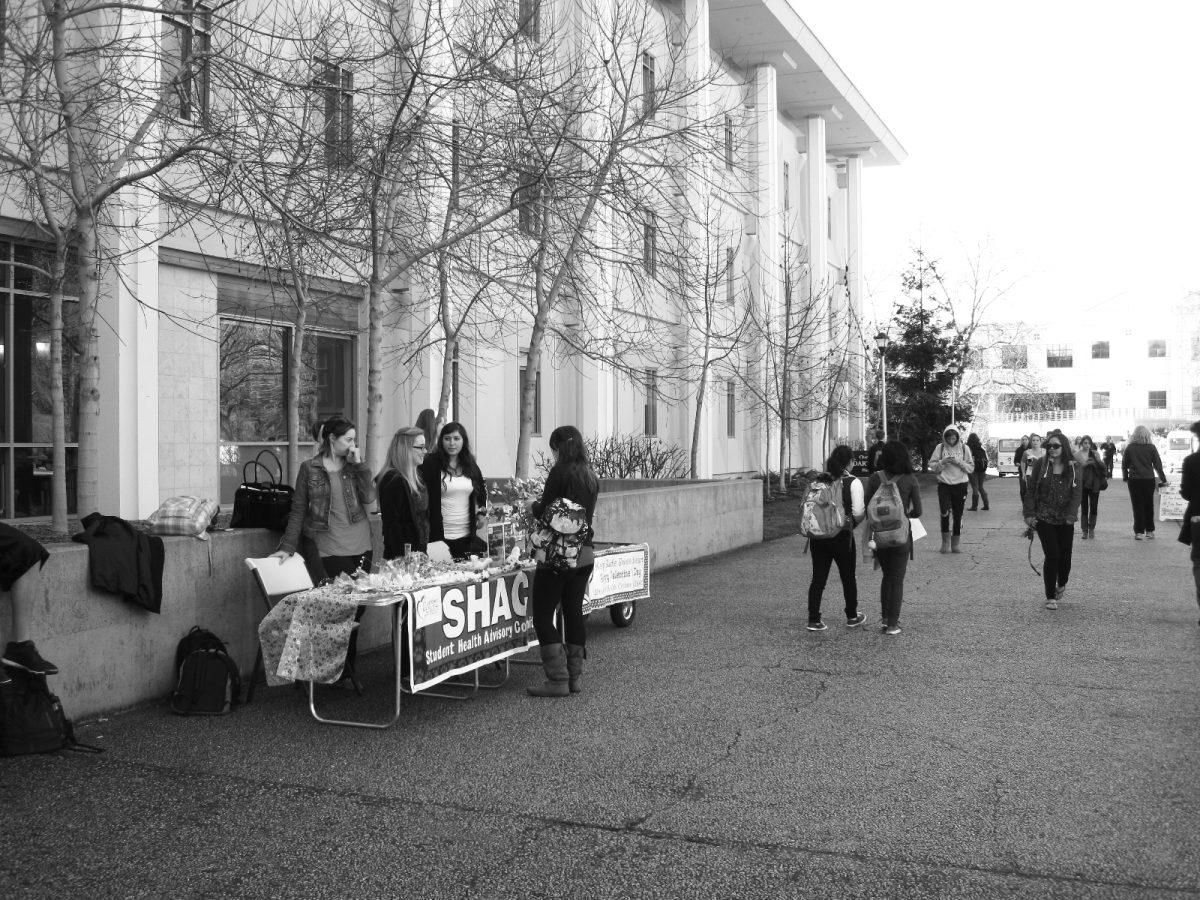The freshman year experience is often a turbulent and dynamic time period, and many programs have been implemented that are designed to help students through such a transitory period.
Professors Michelle Jolly, David McCuan and Laura Watt teamed up with faculty throughout campus last year to develop a new kind of program, one geared towards sophomores who may be struggling to figure out what comes next.
“You’re coming back, you know where the bathrooms are, you’ve made some friends, you’ve taken some classes, you know you can do college now,” said Jolly. “So what’s next? What’s next is you as a student figuring out how to make that coherent story of learning.”
The program not only helps students figure out where their major may take them in the future, but also teaches students to think in a broad, ‘meta-disciplinary’ way that utilizes multiple perspectives.
“The title of the class is how to think like a social scientist; so not only like a sociologist, political scientist or historian, but how to really view yourself within a whole school, a whole discipline,” said junior Nick Heitkamp, who is a peer facilitator for the SYE class.
“The idea is that there’s going to be different majors, or fields, each semester,” said Heitkamp. “This semester we have history, environmental studies and political science. The hope is that next semester it’s going to rotate and to get each field from the social sciences to eventually do one of these classes.”
Heitkamp is one of multiple peer facilitators and works with Jolly. The role of the peer facilitator is to assist with lessons and lesson planning, advise the students and provide a student perspective while planning the lessons.
“I am there not only to help Jolly, but I’m there as a resource for the students. If they’re afraid to go to the professor or something they can come to me,” said Heitkamp. “I’m also a student, I’m in it with them, I’m only a year above them, so I’ve been through what they’re going through now.”
“The feedback that we got from students was really important in helping to design the program, and in helping us understand how students here at SSU think about their sophomore year,” said Jolly. “It was really fascinating to see how much the student focus group comments lined up with what the experts tell us sophomores think.”
According to Jolly, many students feel that sophomore year is the ‘second half’ of their college experience, and although many students would like a sophomore year program, none of them want it to be a repeat of their freshman year programs.
“I think we’re all wrestling with what we’re doing here and that’s the most beautiful part of the class,” said Kat Burns, who is a kind of liaison between the SYE program and U-engage, which also works to engage upper class students to get involved through various on-campus programs.
“We have students working on learning how to find social science and analyze it, and ultimately they’re also going to be developing very small proposals for social science work that they’ll present to each other at the end of the semester,” said Jolly.
Currently, the one-unit class meets every other week and is discussion based. Students sit in a circle around the classroom and are actively involved in exploring the various topics brought up by their professors.
Previously, students had to enroll by emailing the professors and receiving a permission number. The students that received permission numbers were then pooled together and randomly placed into the class in order to insure an accurate control group to best determine the class’ overall success. Students who applied for the fall semester and were not admitted will have priority during spring registration. As of now it is unclear how students will enroll for the upcoming semester.
“It’s not a GE class but it’s not an upper division class either, it’s somewhere in between,” said Jolly.
In July, the professors in charge of the program applied for and were awarded a grant of $206,040. It is Jolly’s hope that the money can be used to hire a student services professional to help develop similar programs for other departments. The money may also be used to help jump start student research projects within the class.
Currently, the developers of the SYE program are working with other departments to try and get the class to count for elective credit, however this requires individual consent from each department and is not final.
“It’s been so much fun to work on this. It’s really fun to share with students and to see students be excited about it,” said Jolly. “Part of the fun of this has been the collaborative nature between faculty and students.”



































